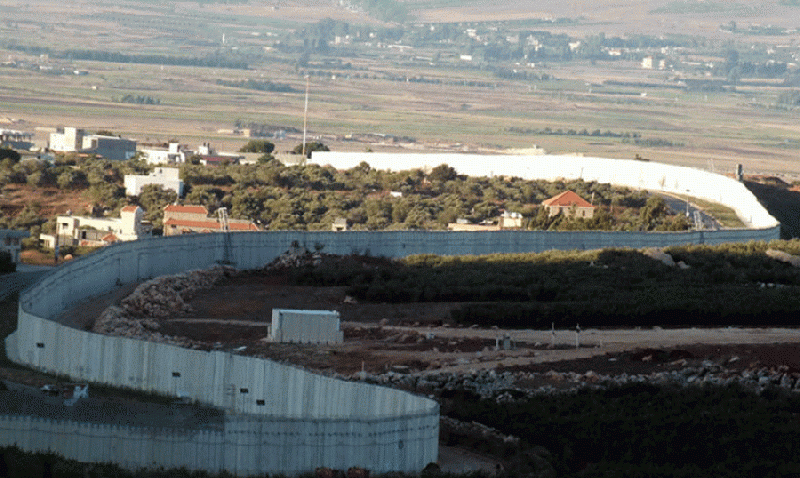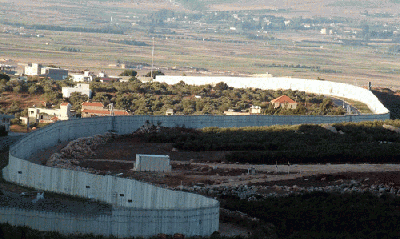France is leading a multi-faceted diplomatic campaign with allied nations, primarily the United States, and influential countries in the region, including Iran. This effort aims to reduce tensions and prevent the expected responses to Israel for the assassination of Hamas political bureau chief Ismail Haniyeh in Tehran and prominent Hezbollah military leader Fuad Shukr from escalating into a widespread regional war. Such a conflict would result in further destruction, civilian casualties, and plunge the region into a prolonged cycle of violence and chaos. Currently, it is essential to intensify diplomatic efforts with all concerned parties to reach solutions to existing crises and problems.
According to diplomatic circles, one of the reasons behind the French initiative is not only the severe damage it causes to relations among regional countries and the draining of their human and economic resources without benefit but also the accumulation of crises on top of the fundamental issue, the Middle East crisis. This situation has negative repercussions on other countries worldwide, even those relatively distant from the theater of this war, or involved either directly or indirectly, as reported by "Al-Liwaa."
The increasing mutual threats and ongoing military preparations by all parties, alongside continuous positions and statements, indicate that responses to the assassinations of Haniyeh and Shukr are imminent. These responses may not be limited to small-scale operations, as previously observed during Iran's reaction to the Damascus strike and the killing of IRGC officers last April. Instead, they might extend further into large-scale operations, clashes, and widespread destruction. It is natural that southern Lebanon and other nearby areas would serve as primary frontline areas for these responses, based on the announced positions from Iranian and Hezbollah officials, implicating all of Lebanon in the war and leading to difficult consequences and threats in all scenarios.
Thus, French diplomacy has primarily included Lebanon in its actions to prevent the south from becoming a leading front over others, aiming to confine the repercussions of the responses to the assassination operations against Israel within specific limits, and minimizing damage to property and lives as much as possible. This approach is meant to avoid any uncalculated response that could transform southern Lebanon into a theater of open and extensive military operations between Hezbollah and the occupying forces, raising fears of a counter-response leading to an Israeli military invasion of the southern region, in execution of ongoing threats. Such a development would inevitably ignite the region permanently and thwart all diplomatic efforts underway to contain the escalation and reach a final agreement between Hezbollah through the Lebanese state on one side, and Israel on the other.
Moreover, the United States' swift move to send U.S. presidential advisor Amos Hochstein to Israel, and presumably to Lebanon as well, is a byproduct of the French initiative to contain the ongoing escalation, alleviate tensions, and provide diplomacy with the necessary opportunity to spare Lebanon the risks and consequences of the anticipated responses, and to arrive at a final agreement that establishes security and stability in the border area between Lebanon and Israel. This should align, in some respects, with the requirements for the return of civilians to Israeli settlements along the Lebanese border.
Achieving France's objectives in this regard may be challenging amidst ongoing preparations for an Iranian response to the assassination operations. However, it is not impossible if next Thursday's meeting in Qatar's capital, Doha, successfully concludes a ceasefire deal in Gaza between Hamas and Israel. Most importantly, the response scenario should resemble the Iranian reaction to Israel's targeting of the Iranian consulate in Damascus last April, which appears likely given the ongoing preparations for the upcoming response according to "Al-Liwaa."




